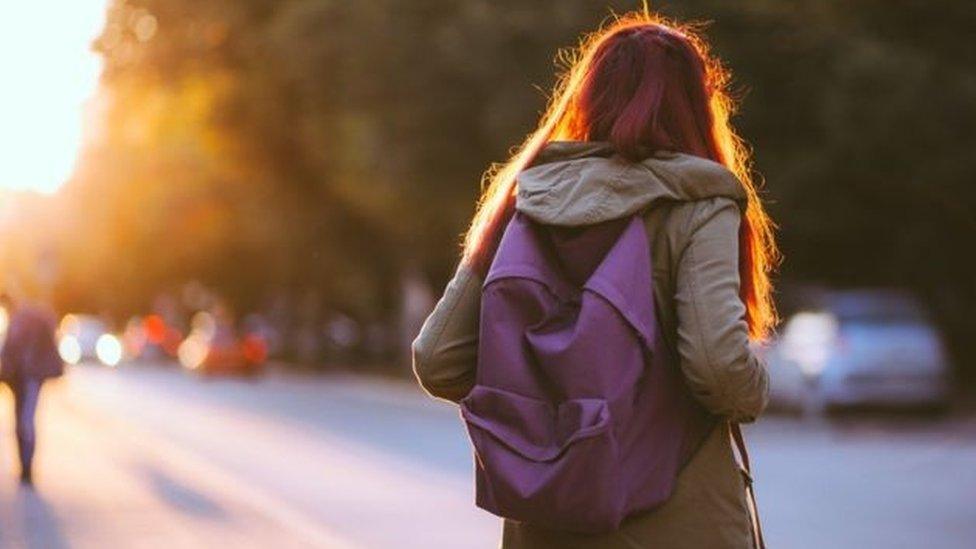Pupil behaviour 'getting worse' at schools in England, say teachers
- Published

Nearly one in five teachers in England has been hit by a pupil this year, a survey commissioned by the BBC says.
One teacher told BBC News behaviour was a "never-ending battle". Another said spitting, swearing and chair-throwing were among the things happening often.
A union says its members are reporting worsening violence and abuse from pupils since the Covid pandemic.
The Department for Education (DfE) says it has invested £10m in behaviour hubs to support schools.
Using the survey tool Teacher Tapp, BBC News asked up to 9,000 teachers in England in February and March a series of questions about their experiences with behaviour in the classroom.
A greater proportion of primary and secondary teachers reported pupils fighting, pushing and shoving compared with two years ago.
Lorraine Meah has been a primary school teacher for 35 years, for the last five of which she has chosen to do supply work - covering lessons on an ad-hoc basis - because it is more flexible.
Over that time, she says pupils' behaviour has worsened.
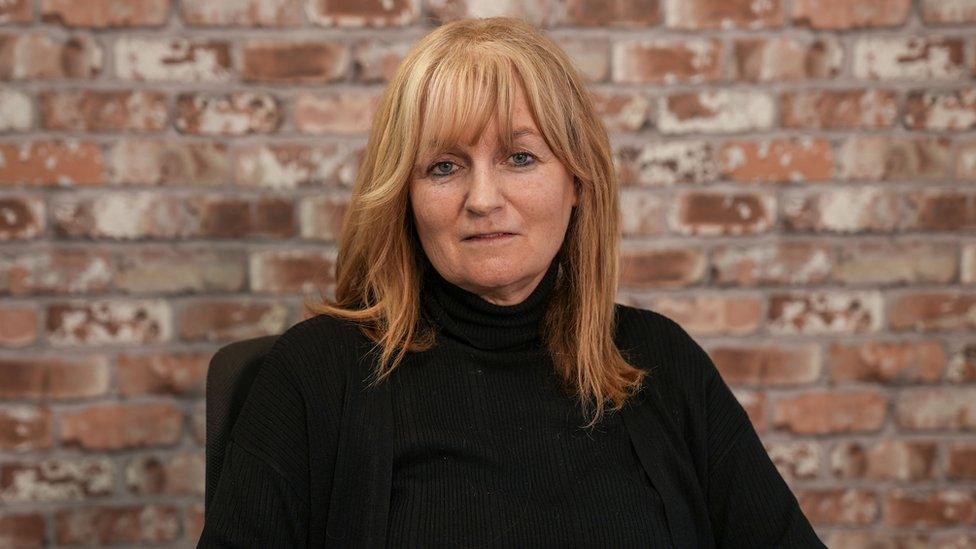
Supply teacher Lorraine Meah says sometimes pupils as young as six are throwing chairs
She says she has seen nursery and reception-aged children "spitting and swearing", with the worst behaviour from five and six-year-olds with "dangerous tendencies" like throwing chairs.
"You will get three or four children in your class displaying challenging behaviour. That's hard to deal with when you've got a class of 30," says Mrs Meah, who teaches in the Midlands.
Another Midlands-based teacher, Zak Copley, did supply teaching for a year and also says behaviour is "definitely getting worse" and sometimes feels like a "never-ending battle".
On one occasion, the computer science teacher said he had to pull pupils apart after they began "throwing punches" at one another.
"The room got absolutely ransacked," he says, remembering that displays were "ripped off the wall".
On another occasion, a pupil who had been sent out of class tried to break back into the room with a cricket bat, he said.
In Dewsbury, West Yorkshire, St John Fisher Catholic Academy for 11 to 18-year-olds is working hard to improve its behaviour.
In 2022, it was rated "inadequate" by Ofsted,, external whose inspectors found poor behaviour by pupils, including frequent fighting, made others feel unsafe.
"There was a culture of bullying and an atmosphere of intimidation," says Karl Mackey, the school's fifth head teacher in six years.
"We had a lot of internal truancy - kids going into toilet cubicles vaping and using mobile phones."
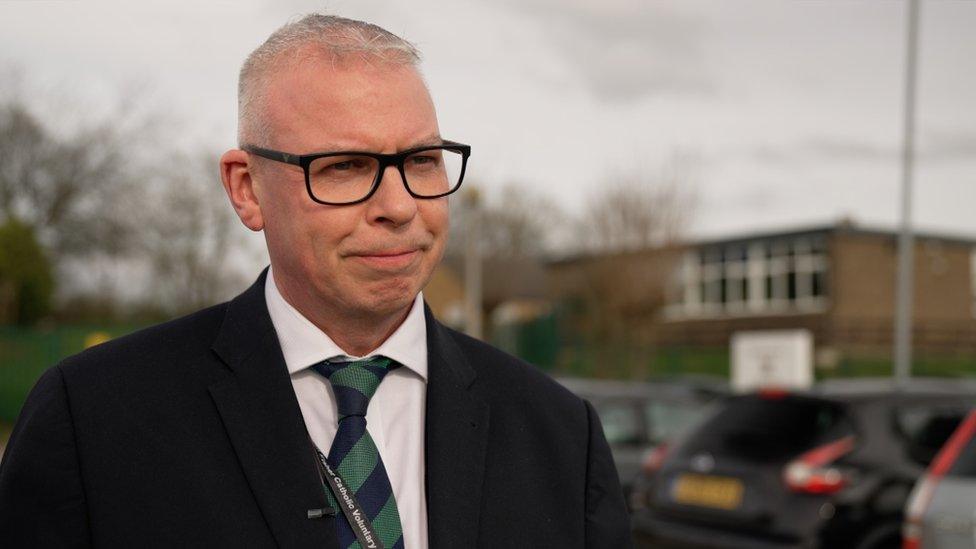
Karl Mackey has brought in new rules and changed the curriculum to tackle poor behaviour at his school
Since Mr Mackey joined a year ago, his new behaviour policy has seen pupils rewarded for good attendance.
Corridors are closed off to stop children being able to wander the whole school if they leave a lesson. There are strict rules about going to the toilet during lessons and mobile phones are banned.
He has also brought in more subjects including dance, drama and music.
Year 9 pupil Tamika was excluded from her previous school, and says pupils at St John Fisher have "settled down" since the rule changes.
"I find it easier to co-operate with teachers and speak to them if I am struggling with a lesson, and I can get my head down," she said.
"There are less students going round kicking off. If they do, there will be steps in place for them to reflect on their behaviour - like going into isolation, or being sent home."
Mr Mackey says the school tries its best to avoid suspending children if possible.
He says the whole school community, including local residents, have noticed children behaving better.
"There's been a real shift. This year you'll see them in lessons every single day, not late, in perfect uniform, trying their hardest," he added.
In the Teacher Tapp survey, the BBC also found:
30% of all teachers said they had witnessed pupils fighting during the week they responded to the questions
Two in five respondents said they had witnessed aggressively violent behaviour that needed an intervention in a single week
15% of secondary teachers said they have experienced sexual harassment from a pupil when working at school.
Dr Patrick Roach, general secretary of the NASUWT union, says teachers are reporting that violence and abuse in schools "have risen notably" since the pandemic.
"This is being compounded by cuts to specialist behaviour and mental health services for children, which have left teachers doing their best to fill the gaps and meet the needs of pupils that really require the skills of specialist counsellors and therapists," he said.
Former DfE behaviour adviser Tom Bennett told BBC One's Breakfast programme, on Tuesday, it had been a problem for "decades" after being "brushed under the carpet".
"Up until about five or six years ago there wasn't much by way of [teacher] training in behaviour management, which would probably astonish a lot of people," he said.
"We need to make sure schools are looking at teaching the behaviour they need, having boundaries and having consequences - a fairly simple structure but quite hard to put into practice."
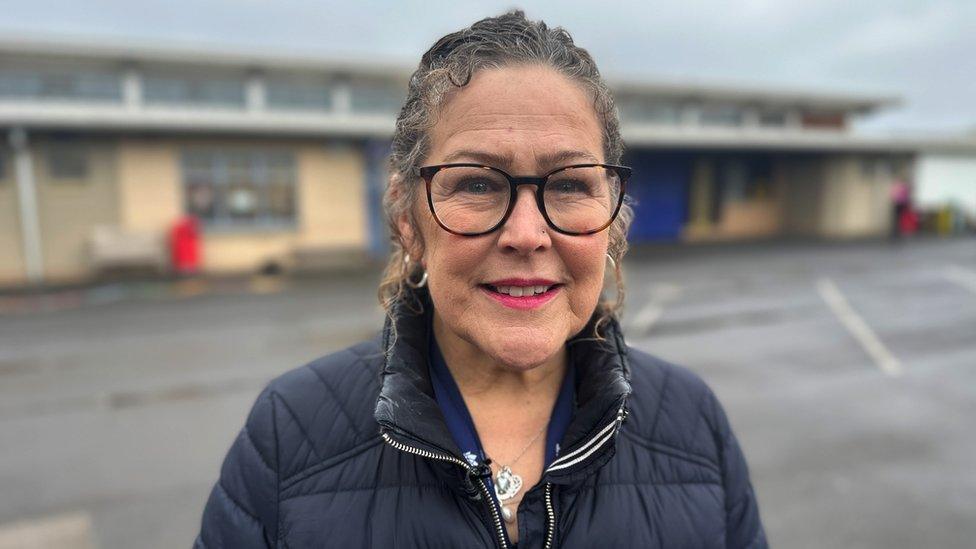
Debra de Muschamp, from the head teachers' union, says teachers have been left "shaken, frightened and isolated" by abuse from parents
The DfE says "decisive action" is being taken to improve pupil behaviour.
A spokesperson added it had doubled its mental health and wellbeing scheme for head teachers this year, backed by £1.1m.
In 2020, the DfE launched a £10m behaviour hub programme to allow hundreds of struggling schools to be paired with others to learn new ways of dealing with poor behaviour.
The programme finishes this year.
Abuse from parents
One in five respondents to the BBC's survey said they had experienced online abuse from a parent or guardian since September. A similar number said they had experienced verbal abuse.
Head teachers' union NAHT says some members are experiencing growing problems among a "minority" of parents.
"It can be face-to-face, on the telephone, on social media... enough is enough," says Debra de Muschamp, a regional NAHT secretary who runs three primary schools in north-east England.
NAHT, which is running a local campaign to tackle parent-on-teacher abuse, says head teachers have had tyres slashed and been physically assaulted.

Have you been affected by the issues raised in this story? Share your experiences by emailing haveyoursay@bbc.co.uk, external.
Please include a contact number if you are willing to speak to a BBC journalist. You can also get in touch in the following ways:
WhatsApp: +44 7756 165803
Tweet: @BBC_HaveYourSay, external
Please read our terms & conditions and privacy policy
If you are reading this page and can't see the form you will need to visit the mobile version of the BBC website to submit your question or comment or you can email us at HaveYourSay@bbc.co.uk, external. Please include your name, age and location with any submission.
- Published20 February 2024
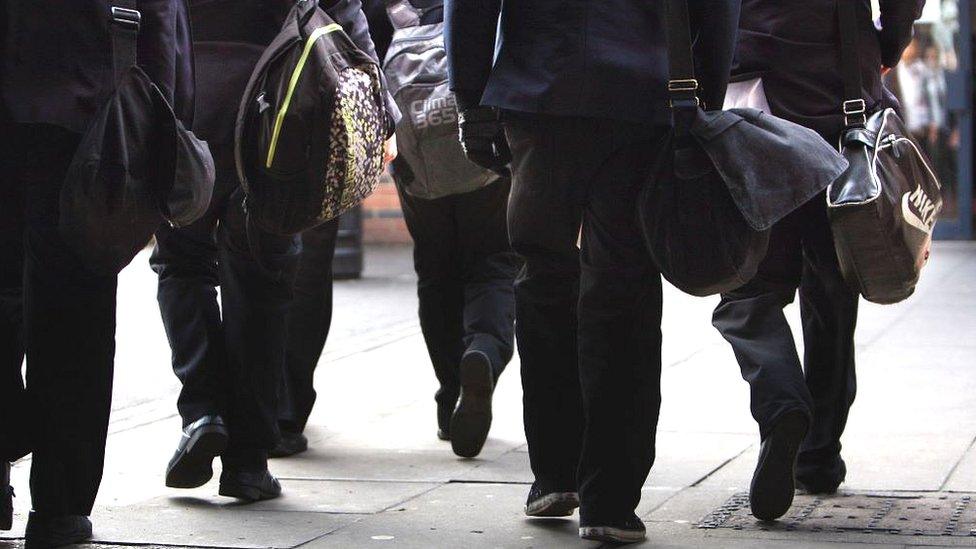
- Published26 March 2024
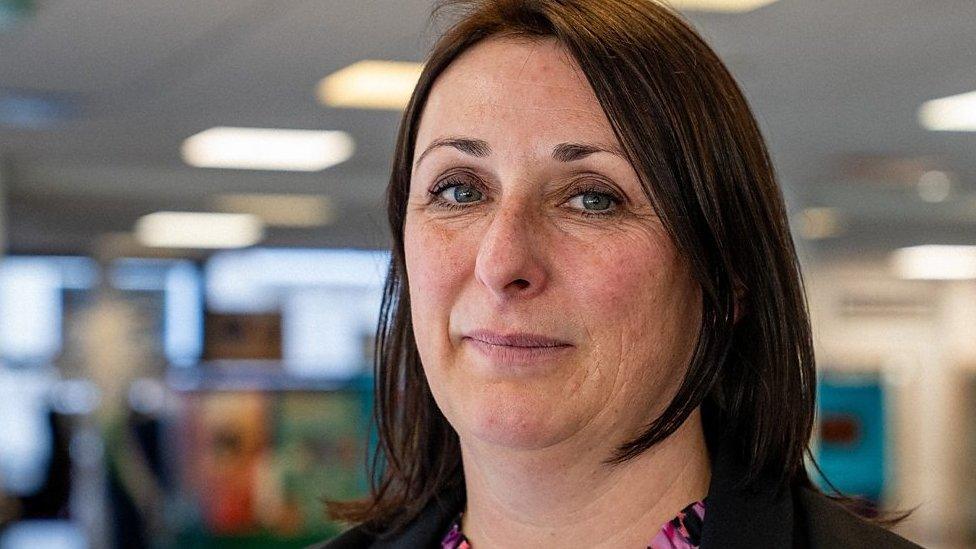
- Published7 September 2023
- Published13 October 2022
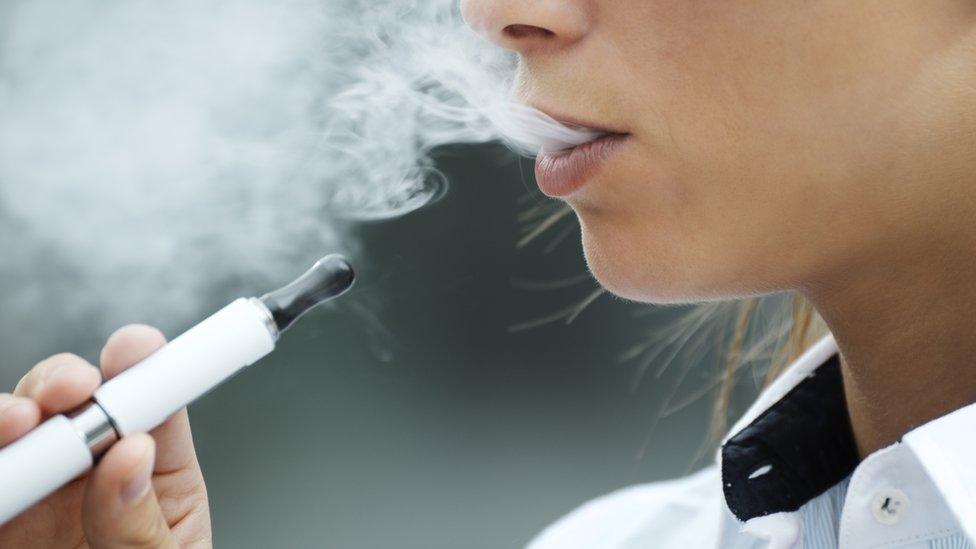
- Published9 January 2020
